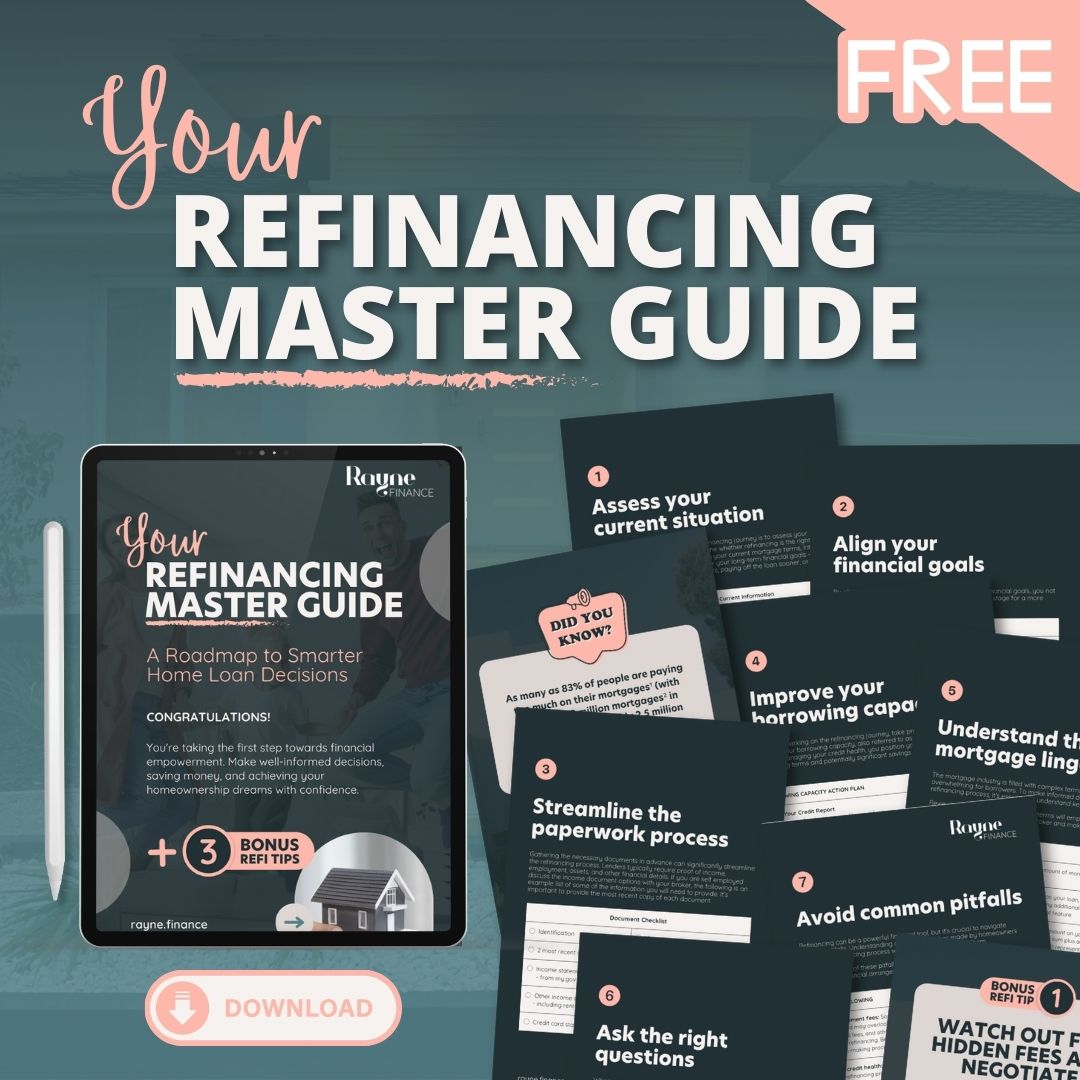They can live in more desirable suburbs, but due to high costs of entry, they may have to rent; if they would like to buy, they probably have to move further out from the city centre.
This has become a growing concern in recent times, with the national median property price jumping 37.8% between March 2020 (the start of the pandemic) and August 2024.
That’s why more people have been talking about a strategy known as rentvesting, which aims to offer first-home buyers the best of both worlds. This involves renting where you want to live (such as the inner and middle rings of our capital cities) and buying an investment property where you can afford (such as a regional location).
The pros of rentvesting
One benefit is you get to live where you want. For now, that might be the suburb in which you are already established; later, it might be interstate or overseas, if you want to travel or accept a job opportunity.
Another benefit is you’ll be able to enter the market ahead of schedule, given your investment property will be cheaper than any owner-occupied home you might have eventually bought.
From that point, even as you’re renting, you’re still building wealth. As you pay down your mortgage and (hopefully) your property rises in value, your equity grows.
Furthermore, because your property will be an investment, you’ll collect rental income – which can help offset your mortgage costs – and may be able to claim tax benefits, such as negative gearing and depreciation.
The cons of rentvesting
Rentvesting, though, also has some disadvantages.
The biggest is that you have to make rent and mortgage payments each month.
Another downside is that you need to accept all the responsibilities that come with being a landlord. Most rentvesters outsource those responsibilities to a professional property manager – which incurs further costs.
One more thing
Rentvesting doesn’t have to be a permanent strategy: instead, it can be an entry onto the property ladder, and help you access the next rung.
Here’s how: after a few years of rentvesting, once you’ve built sufficient equity, you might be able to sell your investment property and use those funds – as well as any money you’ve saved in the meantime – to finally buy an owner-occupied home.
Rentvesting doesn’t suit everyone, but it can be a clever strategy for the right person. It is worth having a conversation with your accountant or financial advisor to determine if this strategy is right for you.
Licensing statement: Rayne Finance ABN [70 605 100 838] is authorised under LMG Broker Services Pty Ltd Australian Credit Licence 517192. Disclaimer: (1) As with any financial scenario there are risks involved. This information provides an overview or summary only and it should not be considered a comprehensive analysis. You should, before acting in reliance upon this information, seek independent professional lending or taxation advice as appropriate and specific to your objectives, financial circumstances or needs. This publication is provided on the terms and understanding that: (2) LMG Broker Services Pty Ltd, Rayne Finance (Seed Lending Pty Ltd) and the authors, consultants and editors are not responsible for the results of any actions taken on the basis of information in this publication, nor for any error in or omission from this publication. (3) LMG Broker Services Pty Ltd, Rayne Finance (Seed Lending Pty Ltd) and the authors, consultants and editors, expressly disclaim all and any liability and responsibility to the maximum extent permitted by the law to any person, whether a purchaser or reader of this publication or not, in respect of anything, and of the consequences of anything, done or omitted to be done by any such person in reliance, whether wholly or partially, upon the whole or any part of the contents of this publication.
Explore other FAQs and Facts
Understanding Australia’s Major Banks’ Anti-Scam Platform
Seventeen banks, including the big four, have joined forces to combat scams with the Fraud Reporting Exchange (FRX). This innovative system enables near real-time communication between banks, allowing them to swiftly report and respond to fraudulent payments as they move across institutions, enhancing security for all customers.
7 steps to increase your borrowing power
Borrowing power can vary significantly based on financial circumstances and lender choice. While two friends with similar profiles might get approved for different amounts, you can take steps to potentially increase your borrowing power. These steps include reducing expenses, increasing income, reducing debt, lowering credit card limits, improving your credit score, saving a larger deposit, and consulting a broker.
How redraw facilities and offset accounts can save you money
Offset accounts and redraw facilities both reduce the interest on your home loan by applying extra funds. Redraw facilities lower interest while providing conditional access to your money. Offset accounts, acting like savings accounts, offer easier access and higher interest savings, despite potential fees. Choose based on your need for fund accessibility and flexibility.
Federal Budget 24/25 – what does it mean for you?
Discovering the impact of the 2024/2025 Federal Budget is vital in navigating the current economic landscape. With a focus on addressing the cost-of-living crisis and bolstering the construction sector, measures such as infrastructure investment, rent assistance, and tax cuts aim to alleviate financial burdens and stimulate growth.
How a broker guides your way to owning your first home
Dreaming of your first home? A mortgage broker can be your guiding light. From assessing your borrowing capacity to breaking down costs and exploring deposit options, they make the journey smoother. With their expertise, owning your dream home in Australia becomes not just a dream, but a tangible goal.
5 things to keep in mind before refinancing
Considering refinancing your home loan? While securing the lowest interest rate is tempting, it’s vital to assess beyond that. Lenders vary in serviceability criteria, fees, turnaround times, and lending criteria. Additionally, explore promotions and consider restructuring your loan for optimal outcomes. Learn 5 key factors to save time and money.
How to calculate your equity
If you’ve owned your home for some time, you likely have built up equity—a valuable asset. Equity represents the difference between your home’s value and what you owe on your mortgage. Understanding this figure can empower you financially and open up opportunities for leveraging your home’s value.
7 ways to maximise your returns as a property investor
If you’re looking to maximise returns as a property investor, strategic decisions are key. From choosing the right location to savvy renovations, each step impacts your bottom line. And don’t forget about refinancing—regularly reviewing your home loan could unlock significant savings.
March cash rate held – why are buyers feeling more confident?
Following the Reserve Bank of Australia’s decision to keep the cash rate steady at 4.35%, there’s speculation about future cuts amid economic indicators showing weakness. However, rising buyer confidence and strong property growth, especially in housing, continue to drive the market forward.
When was your last home loan health check?
Is your home loan still serving you as it should? Over time, circumstances shift, potentially rendering your loan less than ideal. A home loan health check, conducted by your finance broker, ensures your loan remains competitive and aligned with your needs. It’s a stress-free process, offering potential savings and improved features, all at no cost to you.














